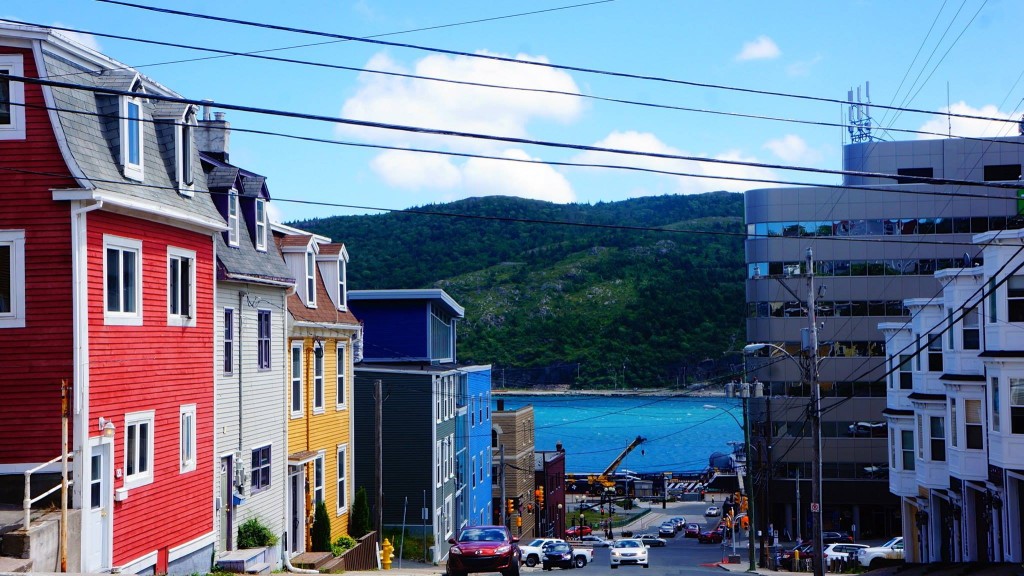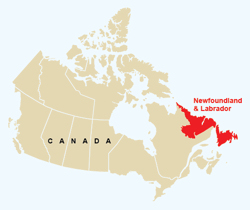
Imagine a North America with three, not two, countries north of the Rio Grande — the United States, Canada and… Newfoundland.![]()
![]()
Newfoundland!? That’s right. The Canadian outpost in the north Atlantic. Imagine today a proud population of nearly 530,000, now basking in the proceeds of a thriving offshore oil market, growing interest in summer tourism and a historical reliance on fisheries.
It’s not as crazy as it sounds — and if not for the votes of 7,000 Newfoundlanders on this day in 1948, the proudly sovereign country of Newfoundland and Labrador might exist today as a strategic Atlantic hub.
With an area slightly larger than Bangladesh or Greece, and with a population similar to that of Luxembourg and larger than the populations of Iceland, Belize, Brunei or Malta, the Canadian province today has a GDP per capita of nearly $68,000, in Canadian dollars (as of 2013) — much higher than the Canadian average of nearly $54,000.
On July 22, 1948, nearly 150,000 Newfoundlanders voted in the second of two fiercely contested referenda. They decided, however narrowly, in favor of confederation with Canada. On April 1 of the following year, Newfoundland and Labrador became the 10th Canadian province. The referendum brought to an end 15 years of uncertain status — that’s because in 1934, the essentially independent ‘Dominion of Newfoundland’ reverted back to colonial status after a financial crisis left the country unable to service its debt.
Sound familiar? Relations today between Greece and the rest of the eurozone (most especially Germany) are as strained as ever. With a third bailout effectively ceding control of Greek fiscal policy from prime minister Alexis Tsipras to European authorities, Newfoundland’s example holds instructive lessons on sovereignty and debt. The referendum — and the failure of the pro-independence campaign — also provides a data point for aspiring nations like Scotland and Catalunya.
Nearly 80 years of sovereignty
Newfoundland first won self-rule in 1854, with the introduction of ‘responsible government,’ and it acquired more formal dominion status (equivalent to the dominion status Canada held) in 1907. Continue reading The lessons of Newfoundland’s 1948 referendum

